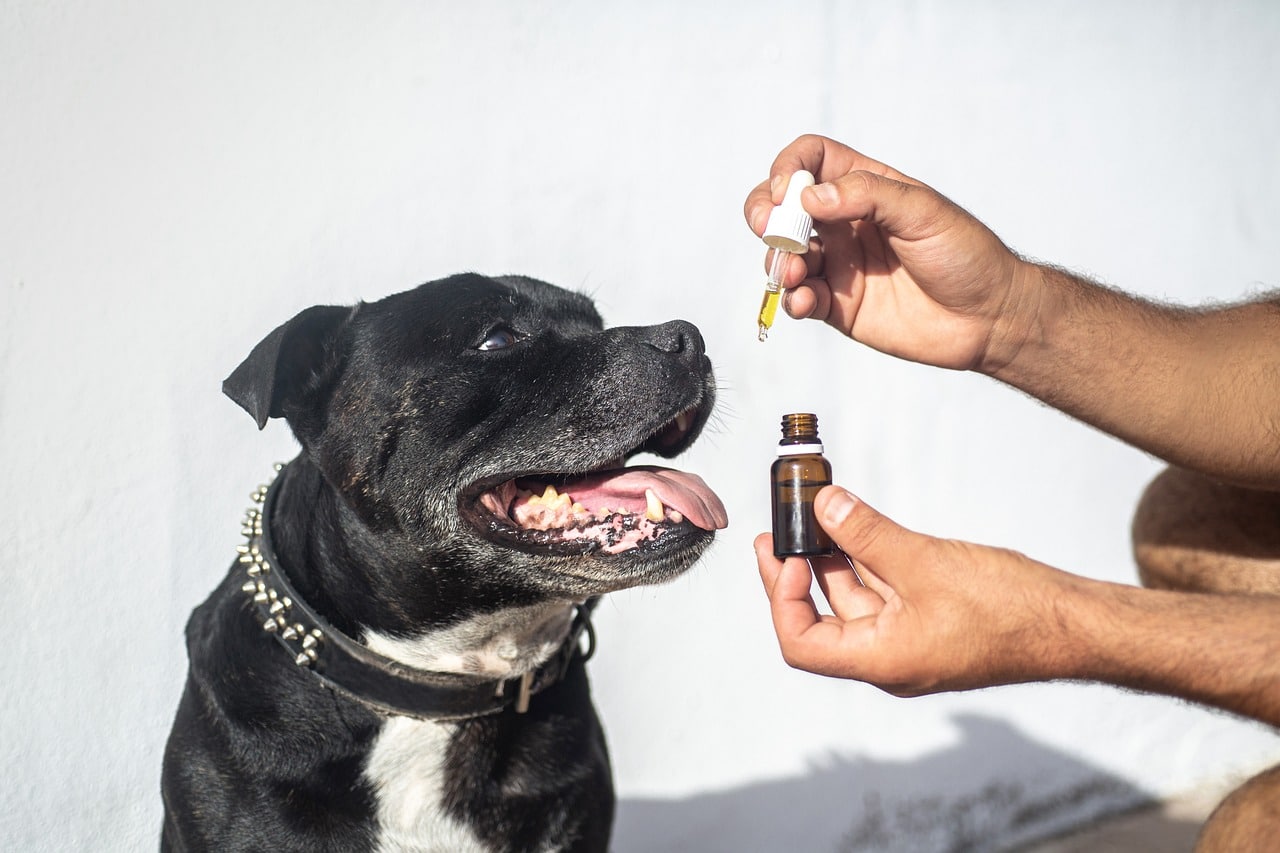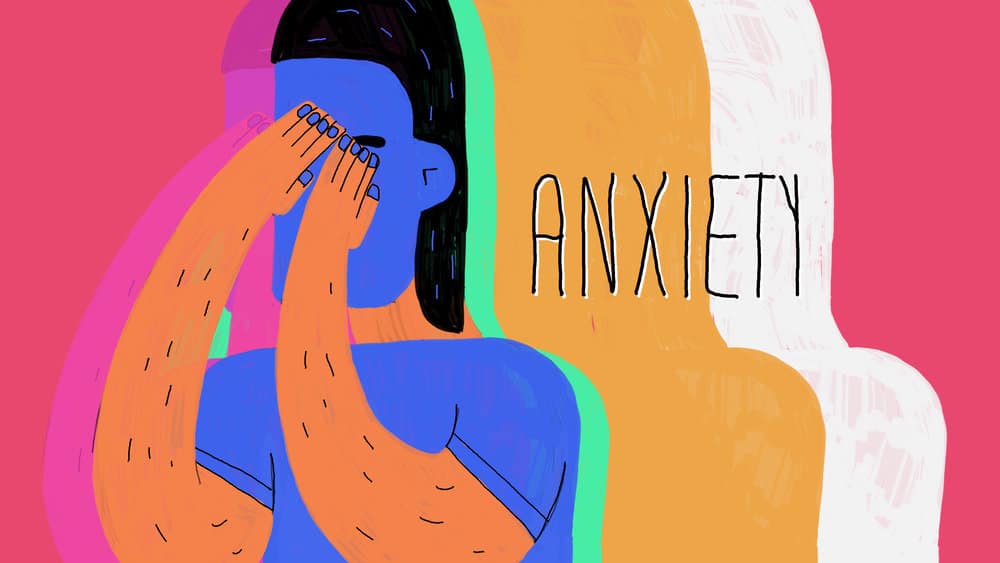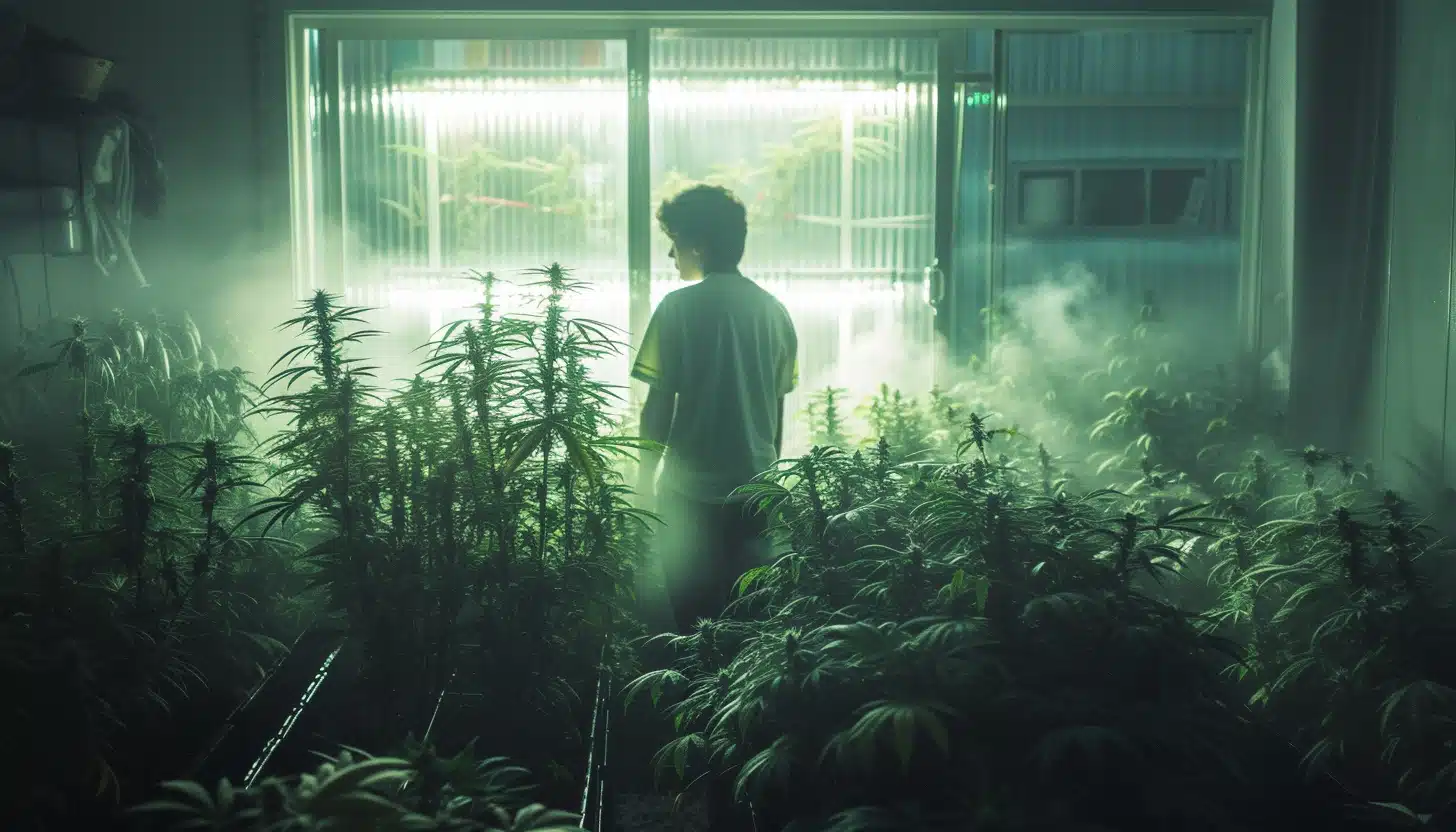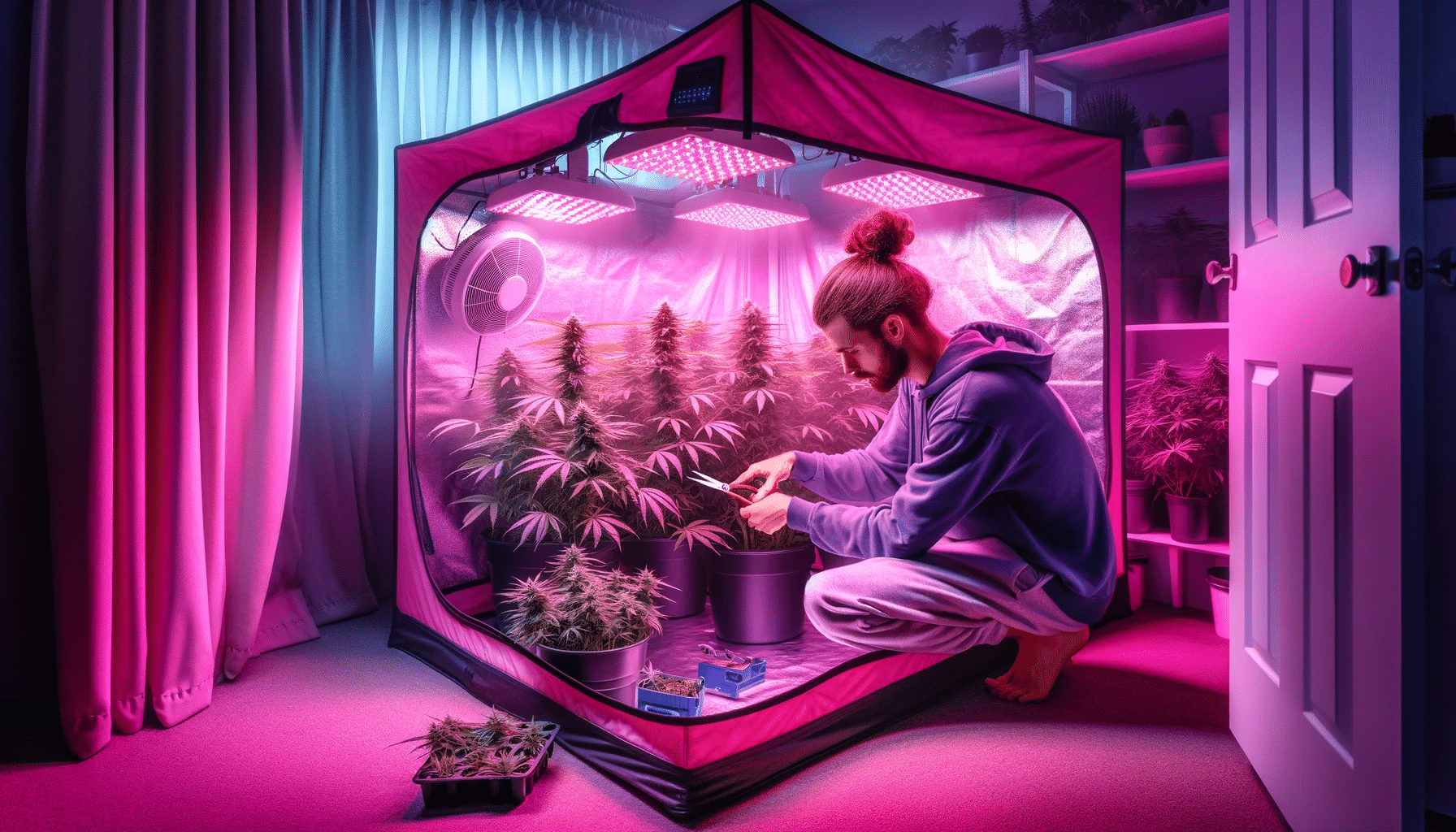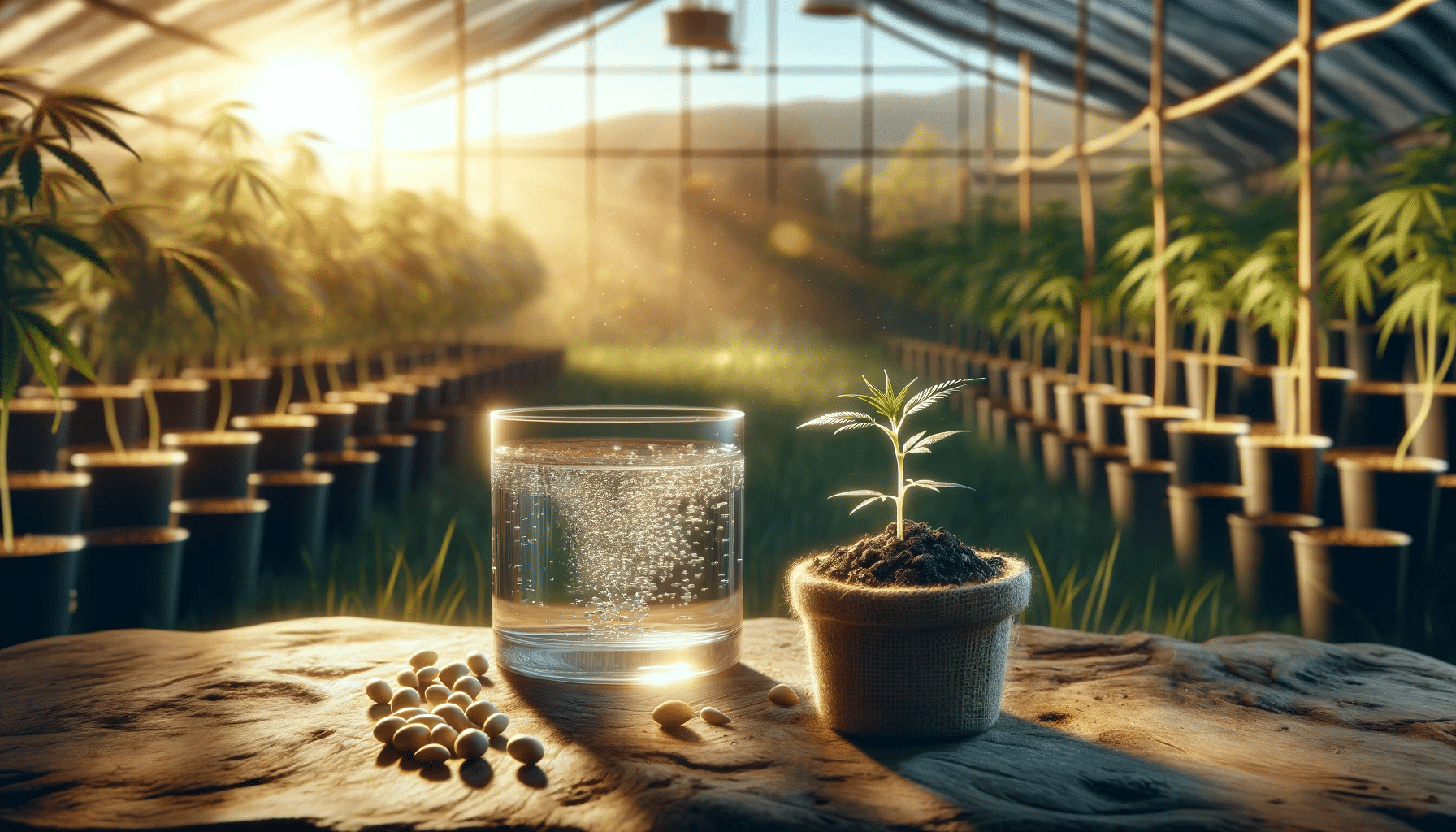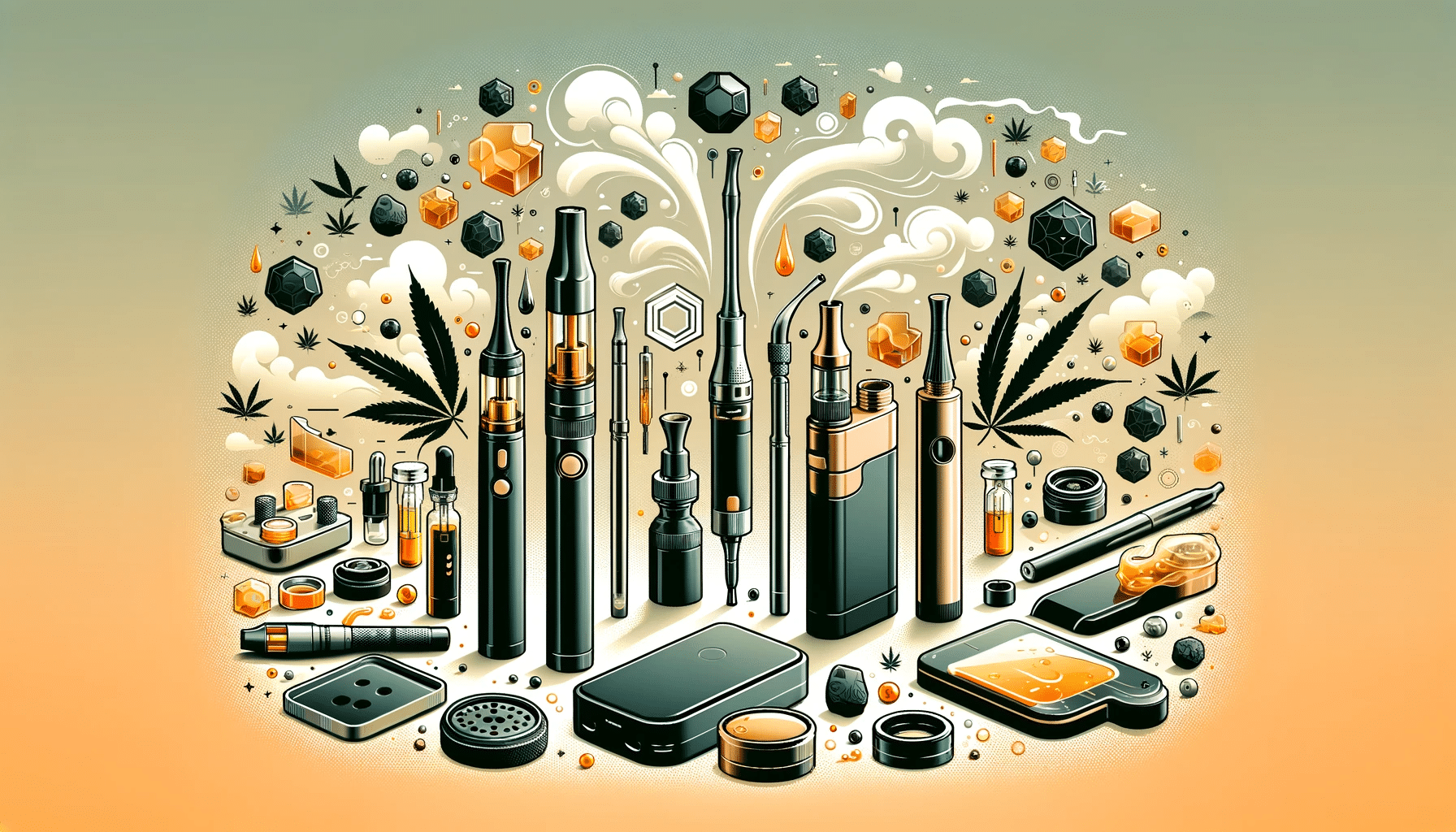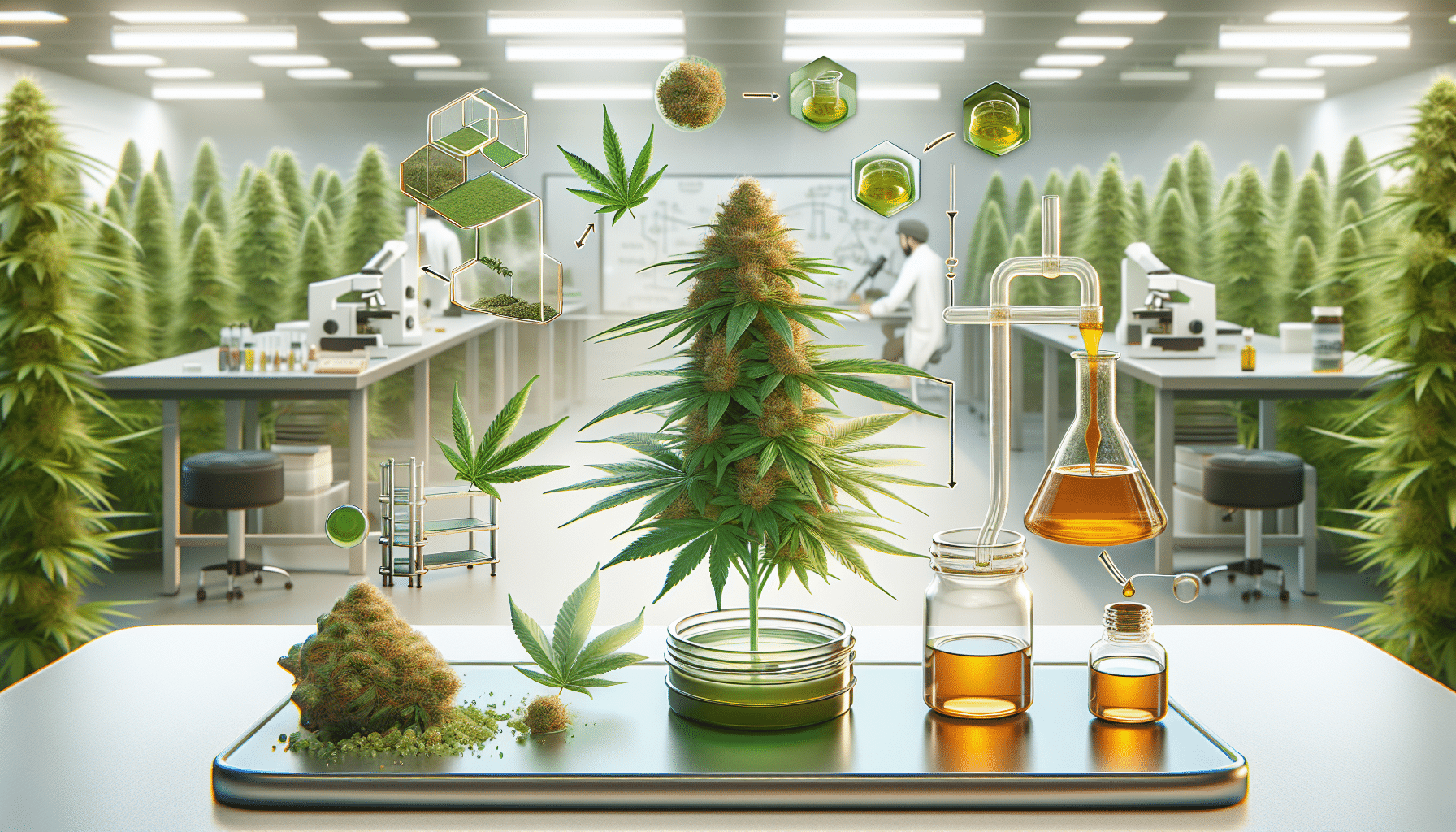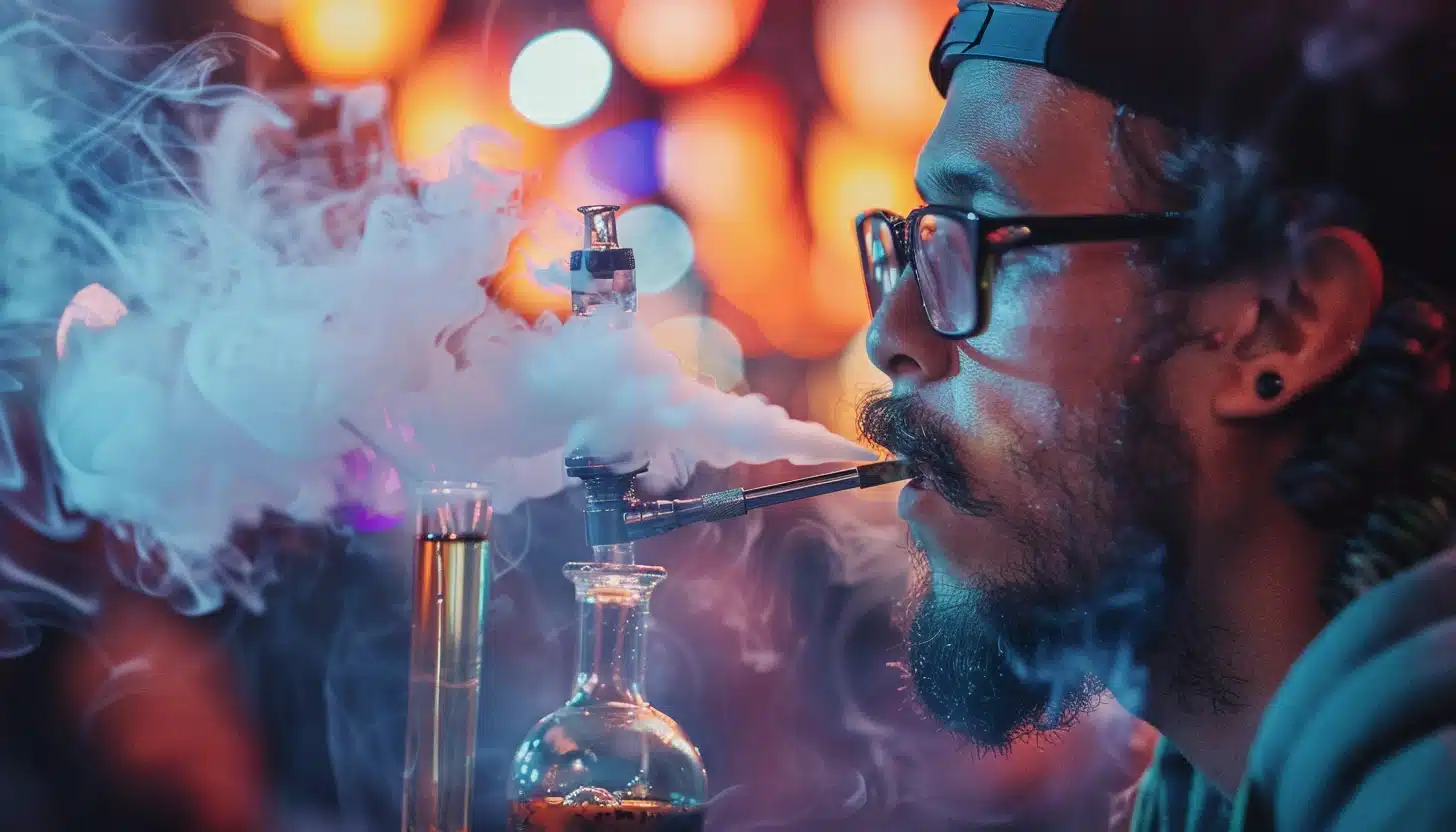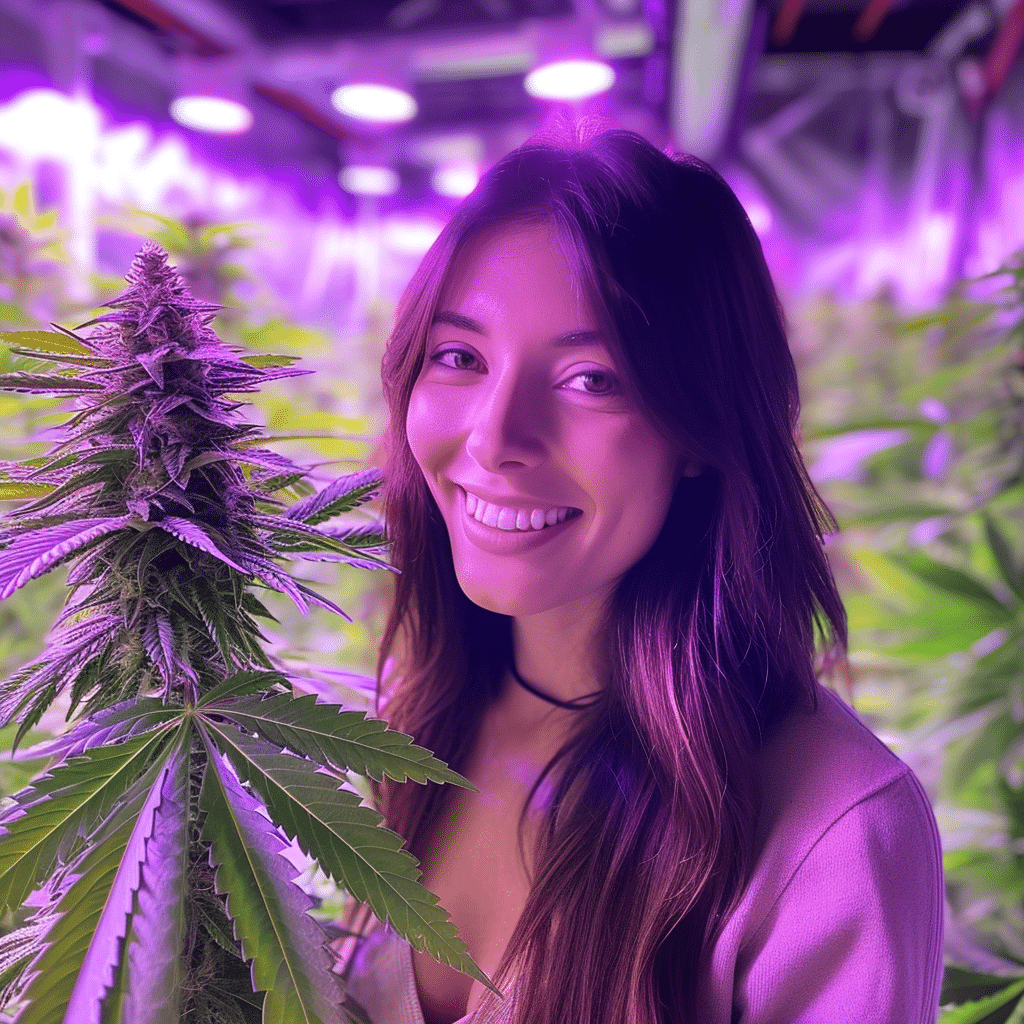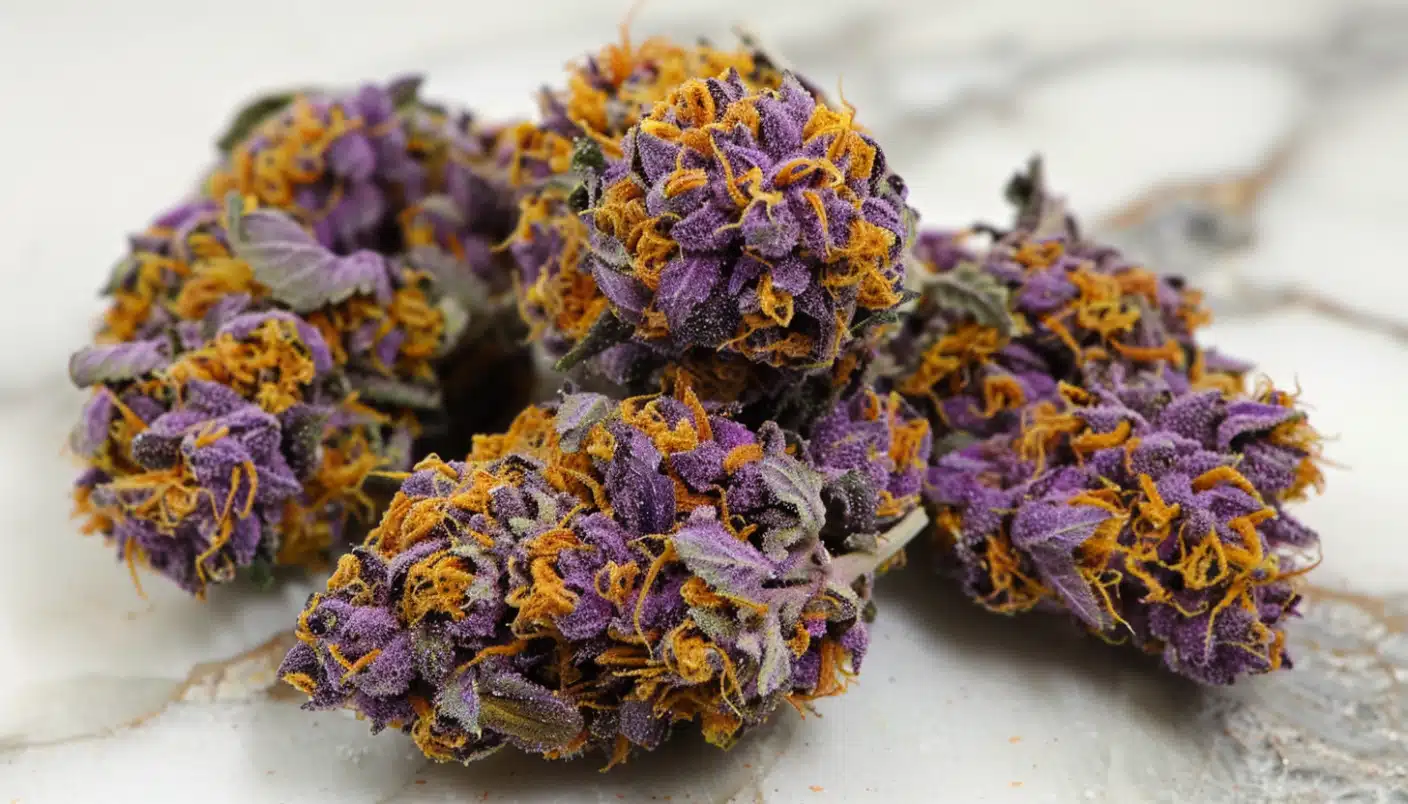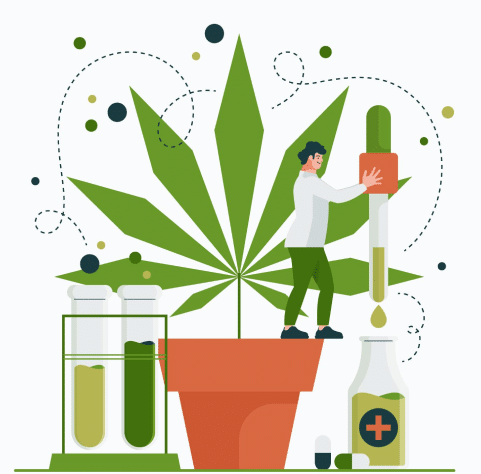With regards to cannabis compounds, THCA and THC stand out with their distinct attributes. While THCA is the acidic form of THC, (hence the “a”) found in raw cannabis plants and is non-psychoactive, THC is the compound responsible for the intoxicating effects when consumed.
Understanding the chemical structures, effects on the endocannabinoid system, and the potential benefits of these cannabinoids sheds light on the differences between the two. Looking more closely at cannabis chemistry, we will unravel the intricate details of cannabinoid compounds that differentiate THCA from THC–catering to an audience keen on comprehending the nuances of these cannabinoids.
Introduction: THCA vs. THC

Background: The Role of Cannabis Compounds
Marijuana contains a complex array of chemical compounds called cannabinoids, which interact with the human body’s endocannabinoid system to produce various effects.
This system, comprising cannabinoid receptors scattered throughout the body, manages several physiological processes, including mood, appetite, and pain sensation. Among these compounds, tetrahydrocannabinolic acid (THCA) and delta-9-tetrahydrocannabinol (THC) are prominent.
THCA is the non-psychoactive precursor to THC and exists abundantly in unheated cannabis plants and flowers. Upon heating, THCA undergoes a chemical reaction known as decarboxylation, converting it into the psychoactive form of THC.
This transformation is central to the plant’s interaction with consumers, as THC binds with cannabinoid receptors. Understanding these compounds’ roles is crucial for both medicinal and recreational cannabis consumers, as well as for navigating the evolving cannabis laws.
Understanding THCA and THC: The Basics
At the core of the THCA vs THC discussion is the molecular relationship between these two compounds. THCA, or tetrahydrocannabinolic acid, is the non-psychoactive cannabinoid acid form that is naturally present in cannabis plants. It serves as the biosynthetic precursor to THC, the primary cannabinoid responsible for the plant’s intoxicating effects.
While both compounds share a similar molecular structure, the presence of an extra carboxylic acid group in THCA makes it non-intoxicating.
Unlike THC, THCA does not bind directly to the two major cannabinoid receptors, CB1 and CB2, which are key components of the endocannabinoid system. It’s this lack of binding that accounts for the absence of a “high” when consuming raw cannabis that contains THCA.
As cannabis is heated or aged, THCA converts to psychoactive THC through decarboxylation, a process essential for releasing the potential psychoactive properties of the plant.
THCA: The Non-Psychoactive Cannabinoid

Chemical Structure and Functions of THCA
THCA, also known as tetrahydrocannabinolic acid, has a chemical structure that includes a carboxylic acid group, which is the distinguishing factor that renders it non-psychoactive. This group is attached to a resorcinol ring, a common feature in cannabinoid acids, which plays a crucial role in the pharmacological diversity of cannabis.
Unlike THC, THCA does not fit well into cannabinoid receptors in the brain due to its three-dimensional shape, which is altered by the carboxyl group. This is why consuming THCA will not get you high. However, THCA has other properties that may offer health benefits.
Research suggests that THCA could have anti-inflammatory and neuroprotective effects, making it potentially beneficial for conditions like inflammatory bowel diseases and neurodegenerative disorders. The functions of THCA within the cannabis plant are not fully understood, but it is believed to contribute to the plant’s self-defense mechanisms and overall health.
The Process: How the Cannabis Plant Produces THCA
The production of THCA in the cannabis plant is a natural part of its life cycle, primarily occurring in the trichomes – the resin glands of the plant that are also responsible for producing the aromatic oils or terpenes.
THCA synthesis begins when geranyl pyrophosphate and olivetolic acid combine through an enzymatic reaction, which is catalyzed by the enzyme THCA synthase. This process converts these precursors into CBGA (cannabigerolic acid), which is then specifically synthesized into THCA by the aforementioned enzyme.
This conversion happens as the cannabis plant matures and is subject to factors like light exposure and temperature. The amount of THCA produced can vary significantly between different strains of cannabis, which can affect the potency and therapeutic potential of the plant. Understanding this biosynthesis is important for consumers and cultivators alike, as it influences the final concentration of THC in mature plants after the decarboxylation process.
Potential Benefits: Neuroprotective and Anti-inflammatory properties
While THCA is not psychoactive, it does possess potential health benefits that have captured the attention of researchers and medical professionals. One of the most promising aspects of THCA is its neuroprotective properties.
Studies suggest that THCA can help protect brain cells from damage caused by neurodegenerative diseases such as Parkinson’s and Alzheimer’s. This is significant because it opens up the possibility of using THCA as a therapeutic agent in the management of these conditions.
In addition to its neuroprotective effects, THCA has been shown to have potent anti-inflammatory properties. It may help reduce inflammation in conditions like arthritis, Crohn’s disease, and multiple sclerosis.
Unlike traditional non-steroidal anti-inflammatory drugs (NSAIDs), which can have harmful side effects with long-term use, THCA offers a potentially safer alternative for managing inflammation. These findings, although preliminary, indicate that THCA could play an important role in the development of new treatments for a variety of health issues.
Legal Stance: Understanding Cannabis Laws around THCA
The legal landscape surrounding cannabis is complex and varies widely from one jurisdiction to another. When it comes to THCA, the legal status can be somewhat ambiguous. As the non-psychoactive precursor to THC, THCA itself does not produce intoxicating effects, which can influence its legal classification. In regions where THC is classified as a controlled substance, THCA may fall into a legal gray area because it can potentially convert into THC.
However, some places have specific regulations that address cannabinoid precursors like THCA. In the United States, for example, the 2018 Farm Bill legalized hemp, defined as cannabis with a THC concentration of less than 0.3% on a dry weight basis.
As a result, THCA derived from hemp could be considered legal at the federal level, provided the total THC content remains below the threshold. Cannabis users should be aware of the laws in their region, as legal interpretations of THCA’s status can impact both accessibility and use.
THC: Psychoactive Effects and More

Chemical Structure: Inside the Active THC Molecules
The THC molecule, or delta-9-tetrahydrocannabinol, is the most well-known cannabinoid due to its effects. Its chemical structure is similar to its precursor, THCA, but with a critical difference: the absence of the carboxylic acid group. This small change has a profound impact on the molecule’s pharmacology. THC’s structure allows it to easily bind to the CB1 and CB2 receptors in the human body, particularly in the brain and nervous system.
This binding alters the normal functioning of these receptors, leading to it’s well documented effects commonly associated with cannabis consumption, such as euphoria and altered sensory perception. Additionally, THC’s structure enables it to interact with various neurotransmitters, influencing mood, memory, appetite, and pain sensation.
The active THC molecule is a cornerstone of the therapeutic and recreational use of cannabis, making its chemical structure a focal point for understanding how cannabis affects the human body.
Powerful Impact: How THC Produces the High
THC’s effects are a result of its interaction with the endocannabinoid system, specifically the CB1 receptors located in the brain. When THC binds to these receptors, it triggers a cascade of neurotransmitter releases that affect brain function, leading to the well-known ‘high’. These receptors are part of a network that regulates mood, memory, appetite, pain, and other functions.
The efficacy of THC in producing psychoactive effects is also due to its lipid-soluble nature, allowing it to easily cross the blood-brain barrier and interact directly with neural cells. This direct interaction can influence the release of dopamine, a neurotransmitter associated with pleasure and reward, which contributes to the sense of euphoria.
Also, THC’s effects can vary by the dose, the person’s body, and the presence of other cannabinoids and terpenes in the cannabis. These factors can change the experience. They can lead to relaxation or, instead, to anxiety or paranoia in some users. Understanding how THC causes these effects is crucial. This is true for both recreational and medical users who seek to manage the effects.
Therapeutic Applications: A Look Into Medical Marijuana
Beyond its psychoactive effects, THC is renowned for its therapeutic potential, which has led to the widespread use of medical marijuana. THC can alleviate symptoms in a variety of conditions, thanks to its analgesic and antiemetic properties. It is frequently used to provide relief from chronic pain, making it a valuable option for patients who may not respond well to traditional pain medications.
Additionally, THC has been found to stimulate appetite and reduce nausea, which can be particularly beneficial for individuals undergoing chemotherapy or those with AIDS. Its muscle relaxant properties also make it useful for patients with multiple sclerosis. The use of THC in treating neurological and mood disorders, such as anxiety and PTSD, is also being explored, although more research is needed to fully understand its efficacy and safety in these areas.
Medical marijuana’s legality varies, with many regions requiring prescriptions or special licensing for use. As research continues, the list of conditions that can be treated with THC may expand, further integrating it into medical practice.
Legality: Navigating Cannabis Laws for THC
The legal status of THC is complex and varies significantly around the world. In many places, THC is classified as a controlled substance. However, there has been a growing trend towards legalization or decriminalization, especially for medical use. In the United States, for example, several states have legalized marijuana for medical and even recreational use, though it still remains illegal under federal law.
This patchwork of laws can create confusion for consumers and businesses alike. It’s important to stay informed about the specific cannabis laws in one’s local jurisdiction, as they can affect everything from cultivation to consumption. Furthermore, the legal landscape is continuously evolving as new research emerges and public perception shifts, potentially leading to more widespread acceptance and legalization of THC in the future. For now, anyone involved with THC must navigate a complex array of regulations to ensure compliance and avoid legal repercussions.
THCA vs. THC: A Comparative Analysis
| THCA | THC |
|---|---|
| Non-psychoactive precursor to THC | Psychoactive compound causing intoxicating effects |
| Located in raw, unprocessed cannabis | Forms through the decarboxylation of THCA |
| Does not directly interact with brain’s cannabinoid receptors | Directly binds with brain’s cannabinoid receptors, inducing euphoria and altered perceptions |
| Conversion to THC requires decarboxylation (heat) | Found in cannabis that has been heated or aged |
| Offers potential therapeutic benefits without causing intoxication | Utilized for both recreational and medicinal purposes due to its effects |
Understanding the Chemical Reaction: The Decarboxylation Process
Decarboxylation is the chemical reaction that transforms THCA into the psychoactive THC. This process involves removing a carboxyl group from the THCA molecule, releasing carbon dioxide (CO2). Decarboxylation typically occurs when cannabis is heated, such as during smoking, vaporizing, or cooking. The heat provides the energy necessary to break the bond holding the carboxyl group to the THCA molecule.
Although decarboxylation can happen gradually at room temperature, the process is significantly accelerated with heat. Precise control of temperature is crucial, as too much heat can degrade THC into less potent compounds. Understanding how decarboxylation works is important for cannabis consumers and producers, particularly those involved with edibles, tinctures, and other products that require activated THC. This knowledge allows for the optimization of the process to achieve the desired potency and effect of the final cannabis product.
The Differences: Non-Psychoactive vs Psychoactive Cannabis
The fundamental difference between non-psychoactive and psychoactive cannabis lies in the presence of THCA versus THC. In its raw form, cannabis contains high levels of THCA, which does not produce psychoactive effects. This is because THCA does not interact with the brain’s cannabinoid receptors in the same way that THC does. Consumers looking for therapeutic benefits without the ‘high’ often opt for products high in THCA.
On the other hand, psychoactive cannabis features THC as its active ingredient. When THCA is exposed to heat, it converts to THC, which binds with cannabinoid receptors, particularly CB1 receptors in the brain, resulting in the high associated with cannabis consumption. The choice between non-psychoactive and psychoactive cannabis ultimately depends on the user’s desired effects, whether they’re seeking relief from symptoms without altered mental states or the full experience that THC provides.
Consuming Cannabis: Effects of THCA and THC on the Human Body
The effects of THCA and THC on the human body are markedly different due to their interaction with the endocannabinoid system. THCA, being a non-psychoactive compound, does not bind directly to the CB1 or CB2 receptors and therefore doesn’t produce the ‘high’ associated with THC. Instead, THCA is thought to offer health benefits such as anti-inflammatory and neuroprotective effects, which can be harnessed without affecting cognition or mood.
THC, in contrast, has a strong affinity for the CB1 receptors in the brain, leading to the well-known psychoactive effects of cannabis. Upon consumption, users may experience euphoria, altered perception, and relaxation, along with potential therapeutic benefits like pain relief and nausea reduction. However, THC can also cause unwanted side effects such as anxiety and short-term memory impairment. The choice between consuming products with THCA or THC hinges on the user’s health goals and desired experiences.
Availability: Purchasing Marijuana Products With Both Compounds
When it comes to purchasing marijuana products, consumers now have access to a wide range of options that contain both THCA and THC. The availability of these products depends largely on the legal status of cannabis in a given region, as well as the type of product being sought.
In places where cannabis is legal for medical or recreational use, dispensaries and retail shops often offer raw cannabis flowers, which naturally contain THCA, and a variety of processed products, where THCA has been converted into THC.
For those interested in the potential therapeutic benefits of THCA without the psychoactive effects of THC, raw cannabis juices and tinctures are available.
Conversely, those seeking the psychoactive effects or other benefits of THC can choose from a plethora of edibles, oils, and concentrates. Consumers should inquire about the cannabinoid profile of these products to understand the levels of THCA and THC they contain, ensuring they can make informed decisions about their cannabis consumption.
The Final Decision: THCA, THC, or Both?
Weighing the Pros and Cons
Choosing between THCA, THC, or both requires consideration of the pros and cons based on individual needs and preferences. THCA offers the advantage of health-promoting properties like anti-inflammation and neuroprotection without the psychoactive effects, making it a suitable option for those seeking medicinal benefits during their daily routines.
On the downside, the research on THCA is less extensive, and its availability is limited in markets where cannabis is not fully legalized.
THC, by contrast, is known for its strong psychoactive effects, which can be beneficial for stress relief, creativity, and recreation. Additionally, THC has established therapeutic applications in pain management and appetite stimulation.
However, the intoxicating nature of THC can impair cognitive function and motor skills, and it is not a viable option for everyone, especially those with certain mental health conditions or who must avoid psychoactive substances for legal or employment reasons. Balancing these factors is key to making an informed decision on cannabis consumption.
Exploring Consumption Methods: THCA Extracts vs. Cannabis Flower
The method of consuming cannabis plays a crucial role in the effects experienced by the user. THCA extracts, such as tinctures, oils, and raw cannabis juices, are ideal for those looking to benefit from the potential therapeutic effects of THCA without psychoactivity. These products allow for precise dosing and are a discreet consumption method. Extracts can also be incorporated into topical formulations for localized relief.
Cannabis flower, on the other hand, is typically rich in THCA until it is heated through smoking or vaporizing, which converts THCA to THC and activates its properties. Flowers offer a natural and whole-plant experience, which some users prefer. Additionally, smoking or vaporizing allows for rapid onset of effects, which can be important for users seeking immediate relief. Each method has its own set of advantages and considerations, and the choice depends on personal health goals, desired effects, and lifestyle compatibility.
Knowing the Laws: Staying Legal with Cannabis Consumption
Navigating the legalities of cannabis consumption is an essential consideration. The legal status of cannabis, including both THC and THCA, varies widely depending on the country, state, and local jurisdiction. In areas where cannabis is legal for medical use, consumers typically need a prescription from a healthcare provider. For recreational use, where legal, regulations often dictate where and how cannabis can be purchased and consumed.
It’s important to be informed about the specific laws that apply to cannabis use in your region to avoid legal complications. This includes understanding the legal age for consumption, possession limits, and whether home cultivation is permitted. Additionally, even in places where cannabis is legal, there may be restrictions on consumption in public spaces or while driving. Staying updated on the changing laws and regulations is crucial for anyone looking to consume cannabis legally and responsibly.
Looking into the Future: Trends in the Cannabis Industry
As the cannabis industry evolves, trends indicate a future of innovation and increased acceptance. Research into cannabinoids like THCA and THC is likely to expand, potentially uncovering new therapeutic applications for cannabis strains and leading to more specialized products. The industry is also expected to see advancements in cultivation and extraction techniques, enhancing the quality and variety of cannabis offerings.
Legalization movements are gaining momentum globally, which could result in more regions legalizing cannabis for medicinal or recreational use, thus increasing market size and consumer access. Additionally, there’s a growing trend towards personalization in cannabis consumption, with products tailored to individual preferences and health objectives.
Technological integration, such as apps and online platforms, will enhance the consumer experience, from product selection to delivery. As regulations continue to develop, we may also see increased standardization and quality control in the industry, ensuring consumer safety and product reliability. Overall, the future looks promising for the cannabis industry, with positive implications for both consumers and businesses.

